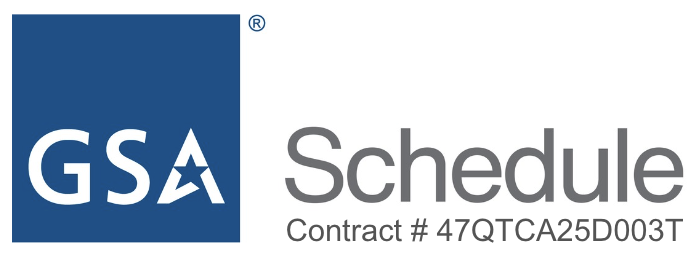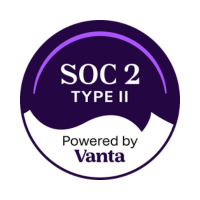
In the fast-paced whirlwind of today's workplace, leadership is no longer just about setting goals and driving results. It's about being the calm in the storm, adeptly juggling your own pressures while also managing your team's stressors. Effective leaders stand out by mastering a delicate balance—melding core skills in emotional intelligence, stress management, and coaching to navigate daily challenges and engage the needs of a multi-generational workforce. These skills are not just nice-to-haves; they are essential tools that can lead to sustained success and well-being for both leaders and their teams.
But what makes a balanced leader, and how can one cultivate these qualities? Explore the essential traits and practices that contribute to balanced leadership.
Know Your Values
Your values are your moral compass as a leader, guiding your decisions and actions. Too few of us as individuals take time to discover our fundamental values—such as honesty, respect, and accountability—and even fewer leaders weave them into their leadership approach. Your values should reflect your personal beliefs and define your style of leadership. By consistently demonstrating these values, you'll tackle challenges with integrity and motivate your team to uphold these same principles.
Embrace Self-Awareness
The foundation of balanced leadership is self-awareness.This is all about knowing your own feelings and how they affect your thoughts and behavior. It's like being an insightful narrator of your own emotional world. As a leader, take time to discover and understand your strengths and weaknesses, and be mindful of how this guides your decisions and actions.Seeking out regular feedback from peers and mentors is invaluable and can help give you insights that highlight your areas of strength and those needing enhancement.
Cultivate Emotional Competence
Think of this as emotional control or discipline. It's the ability to manage your emotions and impulses, so you don't just react on a whim. Emotional competence is a form of self-regulation that involves being able to stay calm under pressure, think before acting, and bouncing back from setbacks.
Prioritize Well-Being
Success often comes at the expense of personal well-being.However, balanced leaders recognize the importance of self-care and make it a priority. Engage in activities that rejuvenate your mind, body, and spirit, such as exercise, meditation, pursuing hobbies, or spending time with loved ones. Remember, self-care is essential for sustaining your ability to lead effectively.
Coach, Don’t Solve
In today's dynamic work environment, the challenges we encounter and the tools at our disposal are constantly evolving. What worked a year ago might not be the best approach today, thanks to new technologies and methodologies. As a balanced leader, your role isn’t to extinguish every fire or provide all the answers. Instead, it’s about empowering your team to harness their own problem-solving skills. By coaching your staff to effectively diagnose and address challenges, you enable them to adapt and thrive, no matter how the tools or tactics might change. This not only fosters a resilient team but also ensures that your leadership approach evolves with the changing tides of business needs.
Conclusion
Mastering balanced leadership isn't just about the skills we learn; it's about integrating those skills into every facet of our leadership practice. From understanding and reflecting on our core values to nurturing our emotional competencies and prioritizing well-being, each element contributes to a holistic approach. As leaders in a constantly shifting landscape, we must adapt and evolve, ensuring our methods are as dynamic as the environments we operate in.
Moreover, by coaching our teams to become adept problem solvers, we not only enhance their capabilities but also fortify our organizations against future challenges. This empowerment leads to a more agile, resilient workforce equipped to tackle whatever comes their way with confidence and skill.
In embracing balanced leadership, we commit to a continuous journey of self-improvement and team development. The path isn’t always easy, but the rewards—a thriving, motivated team and a fulfilling, impactful leadership role—are well worth the effort. Let us stride forward with determination and mindfulness, crafting not just successful outcomes, but also sustainable, enriching careers and lives for ourselves and those we lead.
More for Your Mental Toolbox

Building Unshakeable Self-Confidence
Confidence isn’t fixed. It’s built—one small win, mindset shift, and micro-action at a time. Start with what you’ve got, and grow from there. You’ve got this.
Read more →
A Sigh of Relief: Breathing Exercises for Better Sleep
Intentional breathing slows your mind and body, helping you release the day, ease stress, and drift into deeper sleep. A few slow breaths can reset your whole night.
Read more →








